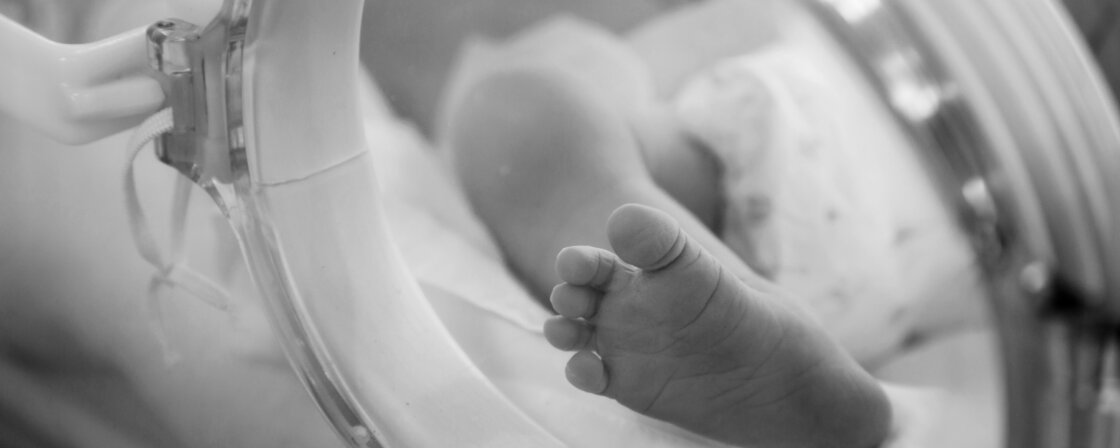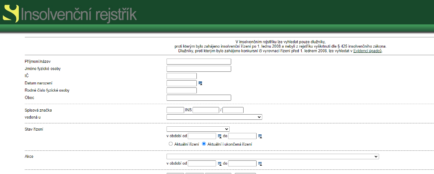Basic rights of the mother and newborn
According to the Charter of Fundamental Rights and Freedoms, the Health Services Act and international conventions, it is you who makes decisions about your body. Health professionals can only perform any procedure after your informed consent. So don’t be afraid to ask questions and ask that the staff clearly describe the benefits and risks of each proposed procedure, from the administration of a chemical induction to the injection of a dam. Just as important is informed consent– if you don’t want a routine enema or oxytocin administration, for example, you have the right to say “no” clearly, as long as you don’t put the baby’s life or health at risk.
A practical tool is a birth plan. Put in it everything that is crucial for you: water birth, the presence of a partner or doula, refusal to separate the baby, postponement of the first bath or vaccination. The birth plan is not just “wishful thinking” – the staff should file it in the documentation and justify any deviations. This greatly reduces the risk of unwanted interventions when there is no time for discussion.
Rights do not just apply to you, but to your child too. The Convention on the Rights of the Child guarantees a newborn baby the earliest possible contact with his or her mother and father, the right to privacy and to care appropriate to his or her interests. The WHO recommendation to refrain from routine separation or unnecessary aggressive procedures immediately after birth is based on these principles. In practice, this means that, if the baby is healthy, you have the right to keep it immediately on your chest and to decide when the necessary examinations and vaccinations take place.
Are you solving a similar problem?
Socio-legal advice
Have you applied for sickness, maternity, parental allowance or other benefit and instead of the expected support, you received a rejection? Or were you awarded a benefit in a lower amount than is appropriate for your situation?
I Need help
- When you order, you know what you will get and how much it will cost.
- We handle everything online or in person at one of our 6 offices.
- We handle 8 out of 10 requests within 2 working days.
- We have specialists for every field of law.
Father’s presence at the birth
If you wish your partner to be by your side at a critical moment, Czech law is at your disposal. The Health Services Act explicitly states that the mother can have a close person present at the birth if this is compatible with the operational and hygienic conditions. Therefore, maternity hospitals can require protective clothing or a nominal fee, but they cannot refuse an attendant just because “that’s what we do”. Make sure in advance whether the hospital allows the father to be present even during a possible caesarean section, and what medical certificates are needed.
When the baby is born, the aforementioned “paragraph for the father” also comes into play. Officially, this is the paternity benefit, which replaces wages for fourteen calendar days from 2022. The father must start within six weeks of giving birth and provide his employer with a form issued by the maternity hospital on discharge. If the father is self-employed, he must submit the application himself to the relevant Social Security Office. It is worth keeping an eye on the deadlines – later submissions cannot be accepted.
Tip for article
Tip: Childbirth benefit is a one-off social benefit to help parents cover the costs of having a baby. This support is not only for married mothers, but also for single parents who meet certain conditions. In our article you will find out who is entitled to the birth grant, how much it is, how and where to apply for it, and what mistakes are most often made when applying.
Alternatives to the maternity ward: the birthing house and childbirth with the doula
The hospital environment is not ideal for every woman. If you crave a more homely atmosphere but don’t want to give up proximity to medical care, in some foreign countries the alternative is a maternity home. In the Czech Republic, unfortunately, there is currently no classic maternity home in the sense of a separate medical facility where midwives provide care outside of a hospital setting.
However, a realistic option is the doula – a trained birth guide who provides emotional support and practical advice. However, a doula is not a health worker and so cannot prescribe medication or lead obstetric interventions. If you want to bring her in, make a simple contract that clearly describes the services and fee. Find out early if your health insurance company contributes to the doula’s expenses.
Home birth – legal framework and responsibilities
You may be tempted by the idea of giving birth in your own living room where you feel safe. Home birth is legal in the Czech Republic, but the legislation around it remains fragmented. A birth conducted by a registered midwife outside a health facility is treated as a private service not covered by public insurance. So the key is to choose a professional with the appropriate qualifications and liability insurance. Make sure that the contract with the midwife clearly states when an ambulance needs to be called and how any transport to the nearest maternity hospital will take place.
Immediately after birth, you must report the birth to your local registry office within three working days and register the baby with the paediatrician within 48 hours. Experienced midwives often take care of this paperwork, but the responsibility remains with you.
You often ask about criminal liability. The key is whether you have refused necessary medical attention in the event of complications. If you act in the interests of the baby’s health, the risk of prosecution is low. A dad or doula would only be liable if they performed an unprofessional procedure that caused harm.
Secret (anonymous) birth
A clandestine birth, sometimes called an anonymous birth, is a last resort for women who cannot or do not want to stay in direct contact with their baby after birth. The possibility of giving birth to a child with the mother’s identifying information kept secret has been enshrined in Czech law since 2004. In practice, before giving birth, you only have to prove your identity to the doctor, who will seal it in an envelope and deposit it with the court. The registry office does not register you, but a fictitious mother, thus preserving your anonymity. The baby receives a provisional surname and is entitled to full health care. It is very important that only a woman who is a permanent resident of the Czech Republic and whose husband is not presumed to be the father of the child can give birth in this way in a medical facility. Thus, a woman who is married and a woman who has been divorced for less than 300 days cannot use a clandestine birth (according to the Civil Code, if a child is born between the time of marriage and the 300th day after the marriage has ended, the mother’s husband is presumed to be the father)
The important thing is that you have six weeks to decide. If you decide to acknowledge your maternity, you can ask the court to open the envelope and register it. After the time limit expires, the child goes into the care of the foster care system. A concealed birth is not the same as putting the baby in a baby box.
Important case law: what the courts say
In recent years, the Supreme and Constitutional Courts have repeatedly made clear how far the freedom of the mother and father extends and where their legal responsibility begins. In December 2024, the Constitutional Court confirmed in its ruling I. ÚS 605/24 (TZ 93/2024) that home birth remains legal in the Czech Republic, but that this choice alone does not protect the parent or doula from criminal liability if they knowingly take serious risks and contribute to the death of the child through negligent conduct (for example, unprofessional intervention). The court emphasized that criminal law must remain the means of ultima ratio and therefore the specific circumstances and the conscious breach of professional care must always be carefully proven.
On the other hand, Judgment III. ÚS 3319/22 of May 2023 turned its attention to the father’s right to be present at the birth: the Constitutional Court confirmed that the joint experience of the birth of a child falls within the constitutionally protected right to family life. Thus, neither the State nor hospitals may prevent the father’s presence across the board without good reason, and any unlawful restriction may give rise to a claim for compensation. This conclusion is developed by an earlier ruling of IV Constitutional Court 3035/15, according to which the hospital may not make the father’s participation conditional on a flat “entrance fee” – only demonstrable costs (e.g. disposable protective equipment) may be claimed.
Together, these decisions show that Czech courts protect the right of parents to freely choose the place and form of birth, but at the same time insist that the protection of the child’s life and health and respect for professional procedures take precedence at critical moments.
Tip for article
tip: Childbirth benefit is a one-off social benefit to help parents cover the costs of having a baby. This support is not only for married mothers, but also for single parents who meet certain conditions.
Summary
Whether you are planning to give birth in a hospital, a birthing center, or in your own home, the most important thing is to make a conscious choice based on accurate information. You and your baby have the right to respectful treatment, to informed consent and dissent, and to the presence of a loved one. A birth plan strengthens your position, your partner is entitled to paternal postnatal care, and in the case of a home birth, a professional midwife and a clear crisis plan are essential. A clandestine birth remains a last resort, but is a legally protected option.
If this article has raised questions in your mind, do not hesitate to contact a qualified midwife or a lawyer specialising in health law. In any case, allow yourself time to prepare – an informed mom is the best advocate for her baby and herself during childbirth.




